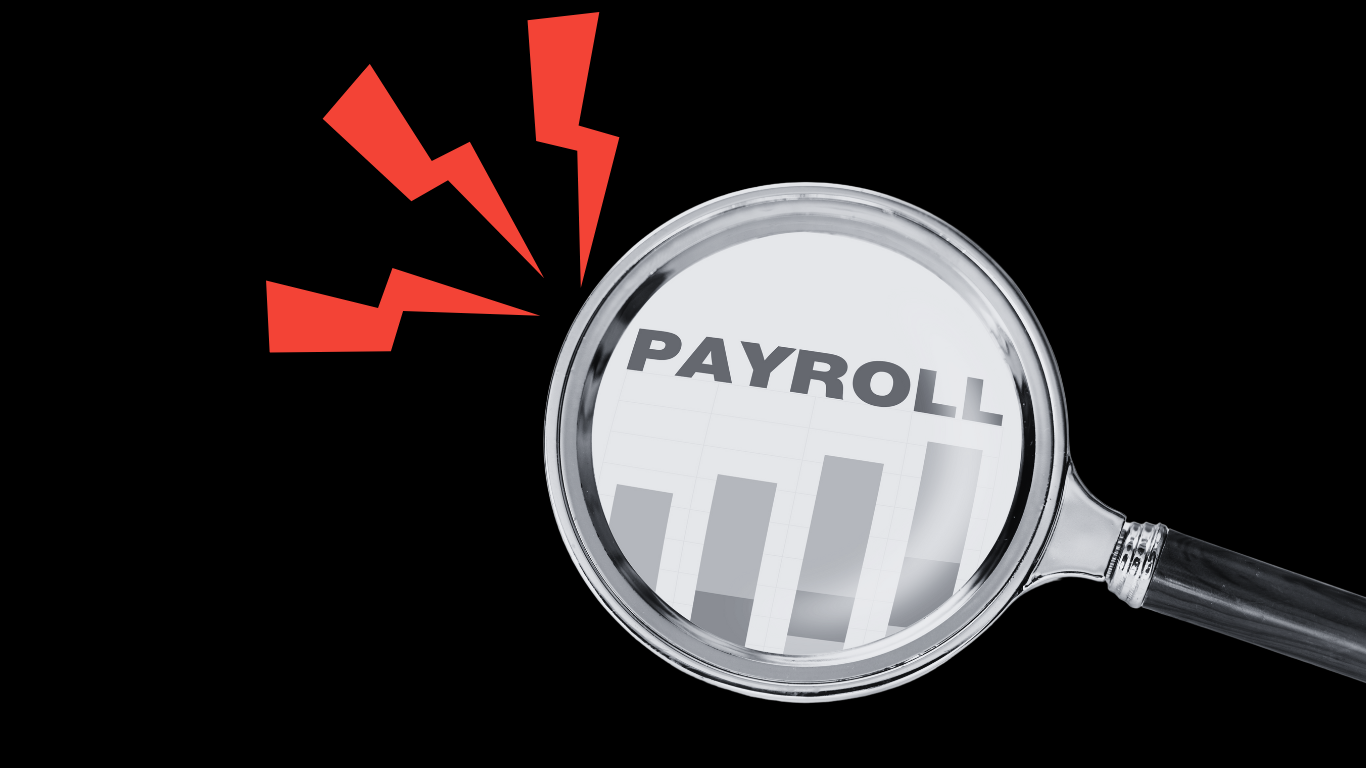One of the most frequently asked questions in the accounting world is about the difference between accounts receivable and accounts payable. So what do these terms mean?
Well, basically, they are terms used to record the money coming into or going out of your business. If you look after your own bookkeeping, these are the cashflow entries you’d make in your company’s general ledger.
- ‘Accounts receivable’ shows the money owed to your business from customers; this is usually known as assets.
- ‘Accounts payable’ shows the money that your business owes – to suppliers or other creditors, such as for rent, utilities or professional fees. These are your liabilities.
You may have differing payment terms for your ‘receivables’ – and the timescale you allow is known as the ‘collection period.’ If the money you owe to other people is due in a shorter timescale than the timescale you’ve set to be paid, you could face a cashflow problem and find it difficult to pay your debts.
This is why it’s really important to monitor your cashflow carefully; many businesses fail simply because their outgoings exceed the money coming in – even when there’s money that is legitimately owed to the company, but the invoices remain unpaid.
Staying on top of your accounts payable is an important way of making sure you have a clear picture of your business finances, and ensuring that your credit rating remains good – hopefully without needing to nag your clients to pay up or, worse, having to threaten them with late payment fees and interest.
If you’re finding all this boring or mundane, you haven’t got a head for numbers or you just want to get on with doing what you do best and running your business, rather than worrying about recording stuff in ledgers, take a look at our own award-winning bookkeeping service, Accounting2You. In one smooth sweep it takes away your accounting headaches.
One of the reasons we like to meet with clients and review their books on a quarterly basis is to avoid the kind of nasty cashflow issues that can ruin an otherwise successful business. But that’s not the only reason. On a much more positive note, completing accounts once a year might work for some people, but for those that are interested in tangible growth, regular reviews let the business owners see exactly what’s going on – and nip any problems in the bud.
If you’d like to take us up on our offer of a free consultation, we can explain to you in more detail how this would make your business more profitable. Click the green button to let us take away your bookkeeping worries and improve your cashflow, so that you can get on with taking care of your business.




































































































































































































































































































































































































































































































